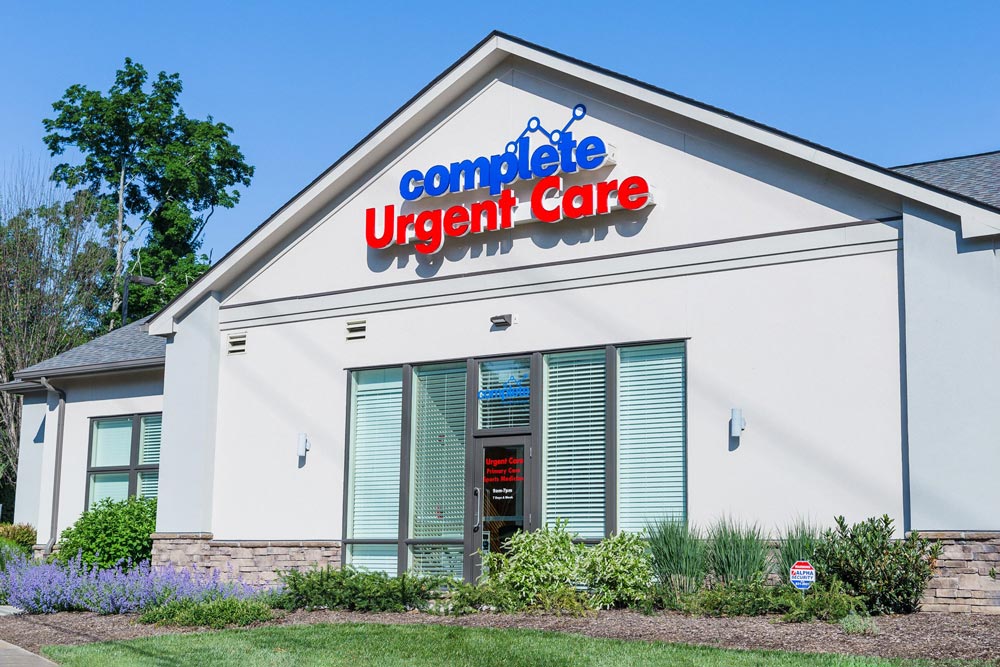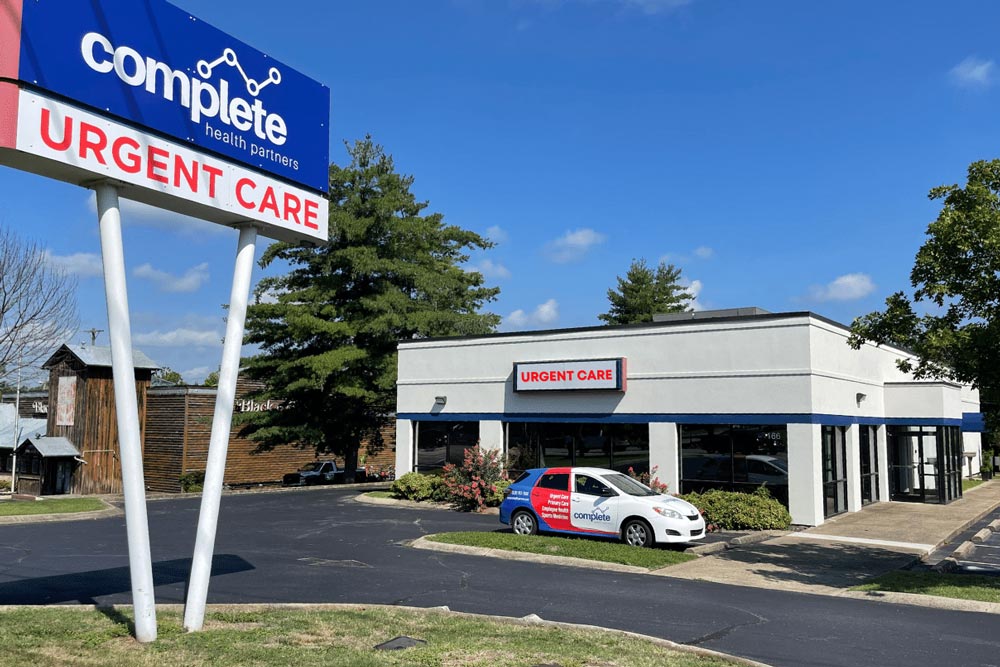Urgent Care Visits for COVID-19 in Nashville
To Book an Urgent Care Visit Including a COVID-19 Test:
Please select one of our locations below and complete digital registration prior to arrival.
Our Nashville-area urgent care clinics offer a variety of COVID-19 testing options including traditional PCR tests and rapid antigen tests. Your provider will help you determine which test is most appropriate for your situation.
To expedite your COVID-19 test visit, we encourage you to complete digital check in (sent via text message and email) prior to arrival.
- Our urgent care provider will determine necessary testing (COVID-19 PCR/Flu/Strep/Other) based upon each patient’s individual history and symptoms.
- Printable results will be available via our patient portal. For lab-based PCR tests, our contracted labs process the tests, and we are dependent upon them for turnaround times.
- For more information on available tests, please visit our COVID testing information page. This is a visit with one of our urgent care providers.
- Most major medical insurance accepted, however please be sure to check with your insurance provider to ensure that your individual plan is in-network with our providers. Self-pay options available for those without insurance. We are not currently in-network with TennCare.
Complete Health Partners is working closely with the TN Department of Health and CDC guidelines to care for those who may have been exposed to or have symptoms of the novel coronavirus (COVID-19). Not all patients with a fever, shortness of breath or other symptoms will have COVID-19 and other testing/evaluation in addition to COVID-19 testing may be warranted. Please do not delay care if you are exhibiting symptoms – our providers are ready to safely evaluate your symptoms to ensure you get the right care for your illness
Signs/Symptoms of COVID-19 Coronavirus
COVID-19 is a new strand of coronavirus similar to other cold viruses that we see every day. Symptoms may vary from mild to severe. The following symptoms may appear 2-14 days after exposure to the virus:
- Fever
- Cough
- Shortness of Breath
Anyone exhibiting life-threatening symptoms such as significant difficulty breathing, especially at rest, should visit their local emergency room.
Information regarding COVID-19 is constantly changing. We will be updating this page regularly with any changes.
Telemedicine for COVID-19: 9am-5pm Monday through Friday
Telemedicine consultations for COVID-19 allow our team to better communicate with patients who have had a COVID-19 exposure or who have questions about their care after a COVID-19 diagnosis. We know not all Nashville residents have a primary care physician to contact, so our team is available for virtual visits with those who are Tennessee residents during our regular business hours. During this online visit, one of our providers will:
- Review your medical history
- Discuss your current symptoms
- Address your questions about exposure, testing, quarantine, return-to-work, or any other concerns
- Provide direction whether you should come in for COVID-19 testing, other medical testing, go to the ER or remain quarantined at home
Testing for COVID-19 Coronavirus in Nashville FAQs
Visit one of Our Convenient Locations


